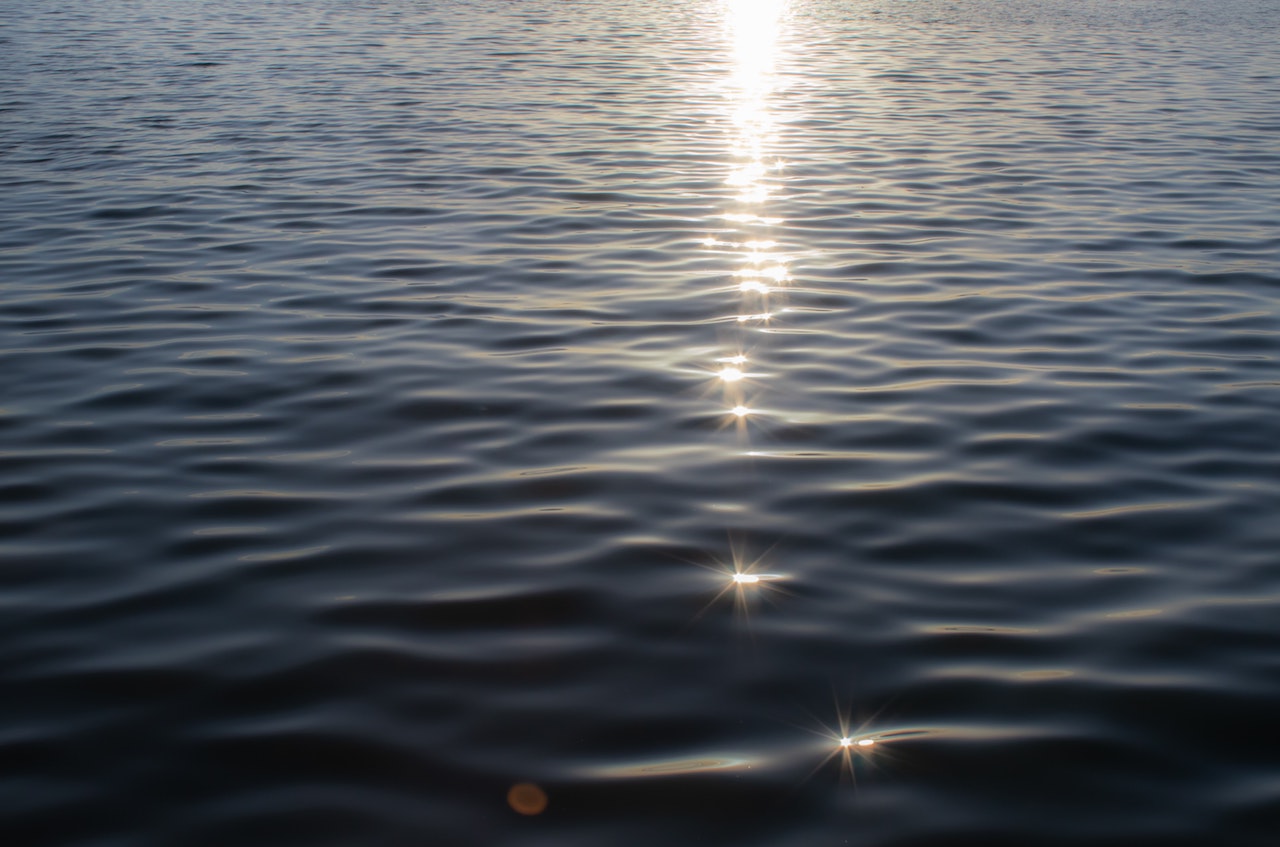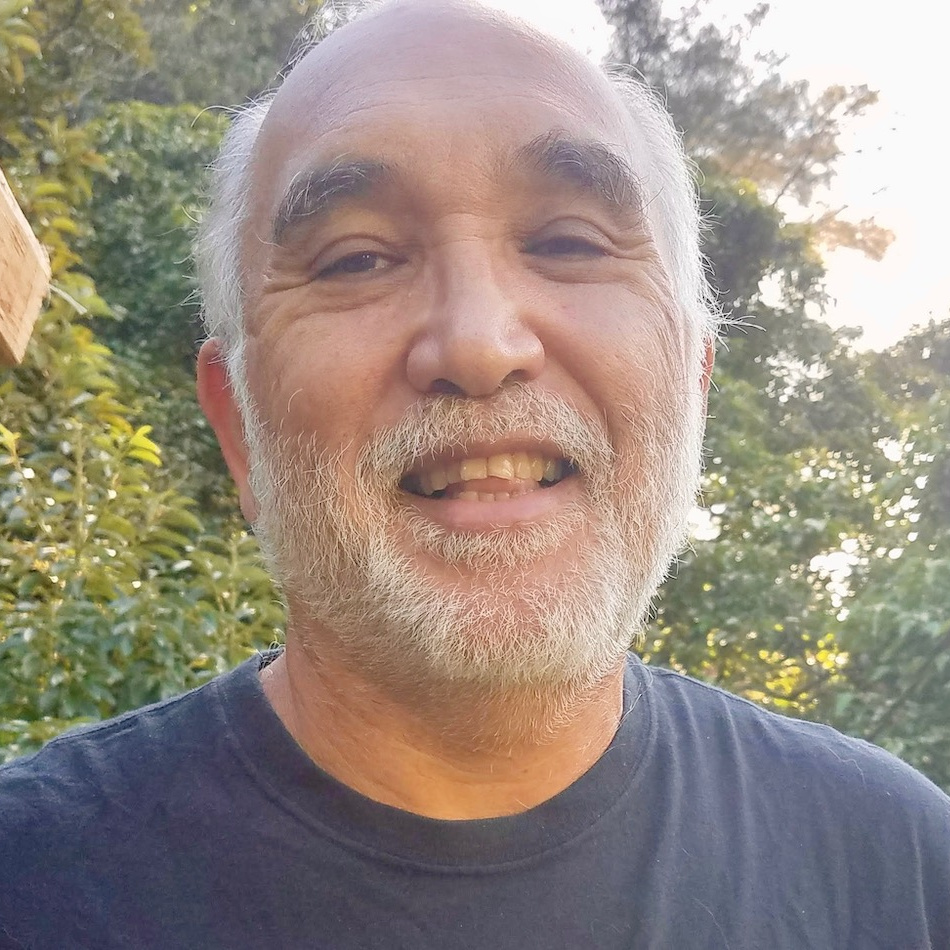Nature is indeed full of grace and gifts if we allow it to give its gifts.
“Aloha, kia ora, talofa, la orana” are greetings of warmth and graciousness throughout the Pacific.
In the Polynesian outlier communities of Tikopia and Anuta the word “aloha” is rendered “aropa” as our “l” and “h” get transmogrified. Here in Hawaii “aloha” has a more emotional meaning as a kind of affection and subjective disposition toward others.
In Anuta and Tikopia it is a principal of communal economy and justice. Geographically isolated with no regular contact with the modern world except shortwave radio for hurricane watches or medical emergencies, the communities remain tied to traditional chiefs and 20 or so families. They practice deep horticulture, communal care of land and reefs and closely manage their food security.
Aropa is why no one is destitute, no one goes hungry and no one dies alone.
They have achieved a circular regenerative balance with the natural world. No Netflix, Facebook, or the internet, they rely on communal singing and storytelling to pass their leisure in the evenings.
Aropa is why no one is destitute, no one goes hungry and no one dies alone.

This life may not be one that any of us would or could choose. Still, the achievement of Anuta and Tikopia is celebrated by Jared Diamond, who wrote with prescience about the catastrophic decline of civilizations that enshrined values and practices that led them to live in ways that were contrary to their own survival.
At the core of Tikopia’s success is relational and communal cooperation. They trust each other, they trust the land, they trust the sea and they trust their leaders, the chiefs.
Star Of Gladness
The farmers on Anuta and Tikopia use no soil additives or chemicals to control pests, yet they have managed to feed their community for 800 years with little or no damage to themselves or the Earth. They remain for us a living parable of what we once were and how we can again live.
Like a navigation star they cannot give us a map of what we should do say on Monday morning given our complex lives, but they can give us a direction as the Hokulea, the Star of Gladness, once gave our ancestors navigating for home.
Environmentalists say that once human beings are gone the world will replenish itself in its natural “grace” in a very short time. In two months white tail deer and wild turkeys will rewild the streets of Manhattan.
In a world forced into a Sabbath rest by COVID-19, we saw dolphins revisiting rivers, and deer and elk returning to European forests. Chernobyl, once the sight of nuclear fallout, has elm and hemlock and pine forests returning. Nature is indeed full of grace and gifts if we allow it to give its gifts. We are all borrowing this Earth from future generations to come.
Who has time to question the system when you are busy working to pay your mortgages, with barely time for the soccer game, Costco run before dinner and stop to look in on kupuna?
We are in the Sixth Great Extinction. According to the World Wildlife Federation, in one generation — from 1970 to 2010 — 52% of vertebrate populations (fish, mammals, amphibians, and birds) have been destroyed. This is due to the metabolic rift caused by the need of a market economy to convert living things into commodities.
Most of us live at arm’s length from the farms, the soil and the sea, enclosed in an electronic bubble of our virtual lives. COVID-19 has exposed how fragile our society is and how disconnected and lonely we have allowed ourselves to become in blindly following the dictates of corporations, banks and the dictates of global capitalism.
Who has time to question the system when you are busy working to pay your mortgages, with barely time for the soccer game, Costco run before dinner and stop to look in on kupuna? Almost all the produce we get at our Costco run is produced by farms that must use soil enhancements and chemical because our soils have been depleted.
Adding additives further weakens soil, and so you must keep adding them after each harvest to achieve the efficiencies that the market demands and government subsidizes. With farms losing 40 tons of topsoil per an acre a year, the land cannot generate life without expensive additives and petrochemicals.
A land itself now in the spiral of addiction. Farmers we heard this year began killing themselves in an epidemic of depression. They must live and work according to the demands of Cargill, Archer-Daniels-Midland and other large conglomerates with diminishing returns. After equipment debt, seed and fertilizers some farmers are making less than $40 an acre per year in net returns.
More loans leads to greater debt and a sense that they are no longer “husbandmen or women” who marry the Earth. A country where farmers no longer feel like farmers, nurses like healers, teachers like educators is a country that has surrendered its soul to capital and efficiencies driven by distant shareholders. Such a people cannot experience “aloha” or “grace” in any collective way. It will move to further fragmentation.
We have as many bacteria, fungi and viruses in our large intestines as there are cells in our body. We are alive by sharing existence with the small and invisible.
There is hope because nature is always gracious, generous and wise. There are approximately 6 million different viruses out there and our existential anxiety that has converted the discourse into a “COVID war” may need to be tempered by the fact that our very evolution as a species depends on viruses, bacteria and other “invisible” gracious hosts who do things in our soil and our very digestive systems and live in relational balance with us.
We have as many bacteria, fungi and viruses in our large intestines as there are cells in our body. We are alive by sharing existence with the small and invisible. We are just beginning to understand the complexity of our own biome and no mechanical analogy will comprehend it.
COVID will never be conquered. Yes, a vaccine will come aboard and we will adapt to live with it as we have with other viruses. It has given us a sabbatical, a costly one, yes, but one that can have us step back and ask why we have seen fit to allow Big Ag and Big Finance and Big Pharma to reach farther and farther into the natural world, destroying forests and pristine ecosystems that provided natural firewalls and kept our balance with these zoonotic critters like Ebola and SARS and COVID-19.
If we see COVID as a metabolic disorder of our world body we might be able to bring forward the deep perception of our Polynesian elders from Tikopia and Anuta to see that sharing, caring and welcoming is the only strategy that aligns with the grace that fills the universe. To fall in love again with life instead of lifeless things is the difference between the world as graveyard and the world as garden. We have a few decades to learn this grace.
Aloha.

